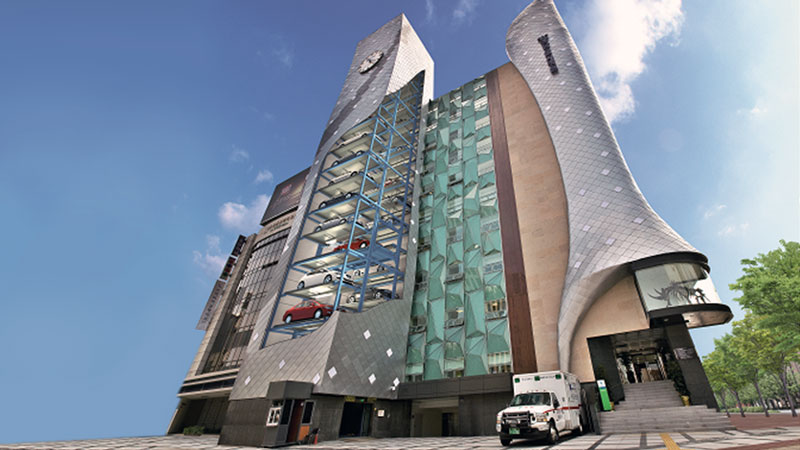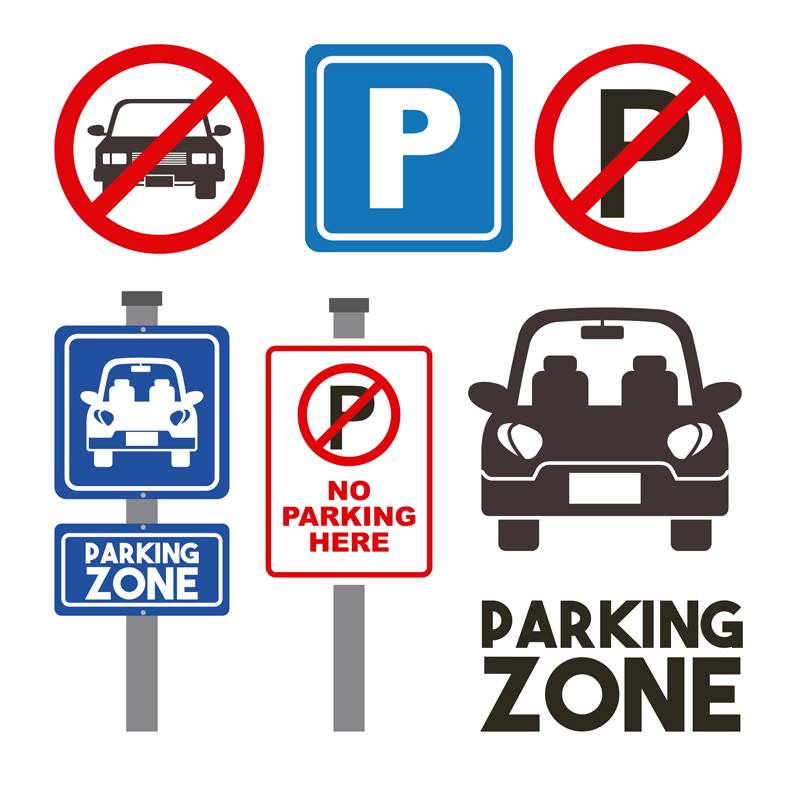
Miami Beach’s Last Oceanfront Parcel is Sold: The Possibilities are endless.
September 3, 2019
Interesting Facts about Automated Parking
October 14, 2019Parking requirements could become a thing of the past as more cities continue to consider lifting parking requirements in downtown areas.
Cape Coral is not the first city to publicly disclose its intention to lift parking requirements in downtown areas. Back in August 2019, an article published by Curbed stated the City of Los Angeles’ intention to “test the waters” in this regard and confirmed that the City of Santa Monica had already done so two years ago.
Parking requirements have been a highly discussed and controversial topic for a number of years. Experts argue parking requirements are too broad and do not respond to the individual needs or demands of the real estate developments, cities and communities they serve; the result: parking overages, unsightly parking structures, wasteful land use and increased carbon footprints.
In this regard, the economic development team for the city of Cape Coral wrote in a memo addressed to the Planning and Zoning Commissioners: "Over the past decade, many downtown areas throughout Florida have looked to remove or reduce parking standards in downtown areas to avoid the underutilization of valuable downtown land for parking… In other words, why ‘waste’ valuable downtown property on parking areas when that land would be better served for business, retail uses, or civic open space?"
Although all parties involved would agree with the above statement, it is also true that we still live in a car-centered society and that parking shortages can be just as detrimental as parking overages. As in any situation of pressing need for change, we need to look at strategies and solutions that would favor said change in the most transitional and less traumatic way.

As we move towards walkable cities, mobility, public transportation and autonomous vehicles some caution needs to be exercised towards transitioning in a way that responds to both the actualities of today and the demands of the future we want to build; but we certainly cannot resolve the challenges of today with the same mentality that caused these challenges in the first place, so where is the answer?
Well, what if there was a way to provide adequate parking on a significantly reduced footprint promoting better land use, environmental sustainability and social innovation? Although widely used for decades in other latitudes of the world to resolve all parking woes, automated parking solutions are not as familiar, celebrated or accepted in the United States; however, current times and urban demands in our country proof that there is no way back for the US in this regard.
Automated parking solutions make the best possible use of space, reduce carbon footprints by 80%, are more economical than their concrete counterparts and are safer for people and property. The technology is also IoT enabled and 100% coherent with better land use, walkable cities and smart city concepts. In a world where we talk about automating the vehicle and the way we find parking; it is insane not to be talking about automating the parking facility.
Automation will also contribute to real time data collection and analysis to determine whether specific areas are underserved or overly-served in terms of parking, allowing cities and communities to actually “taylor” parking supply to their true individual needs and demands.
We agree that parking requirements are too broad in terms of serving as a blanket standard for all situations, but we have yet to see the results of completely eliminating parking requirements or adequate parking supply; however, we do believe questioning inadequate approaches is a step in the right direction and a good way to advance towards better urbanized and more sustainable towns.




